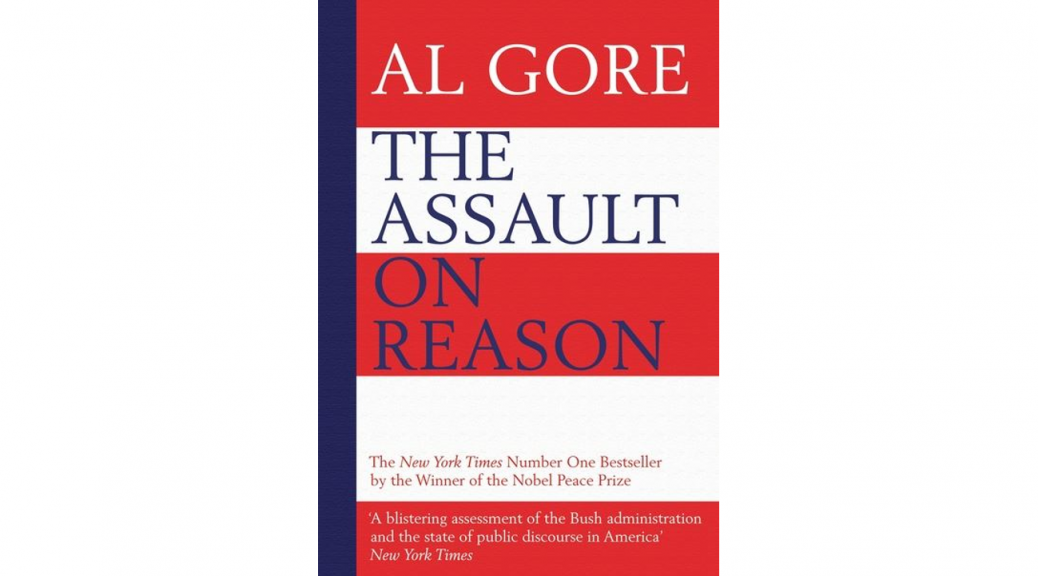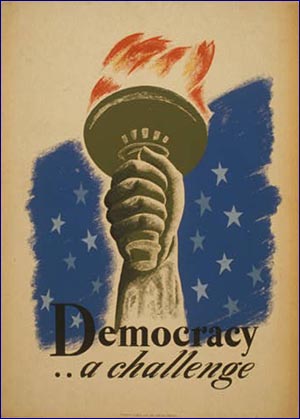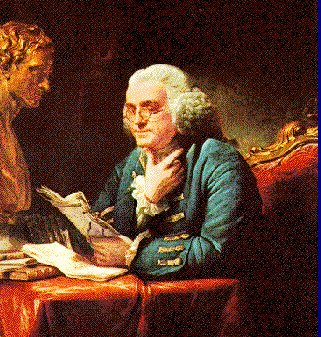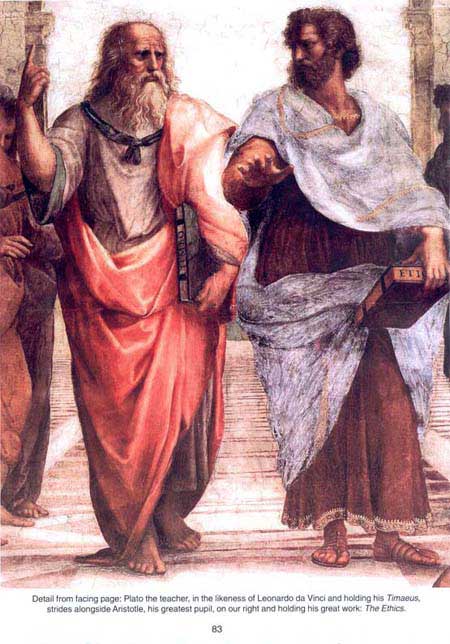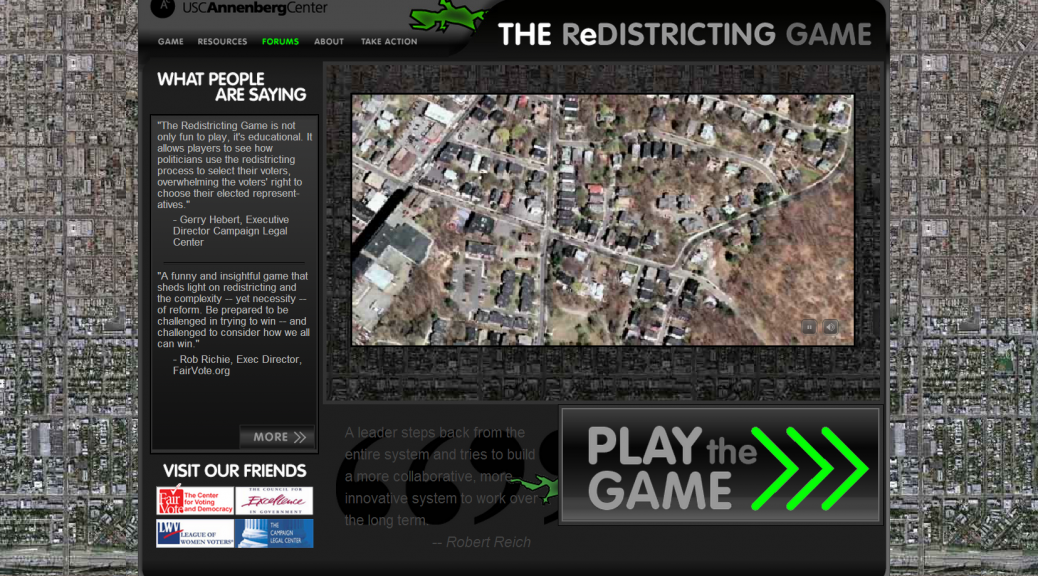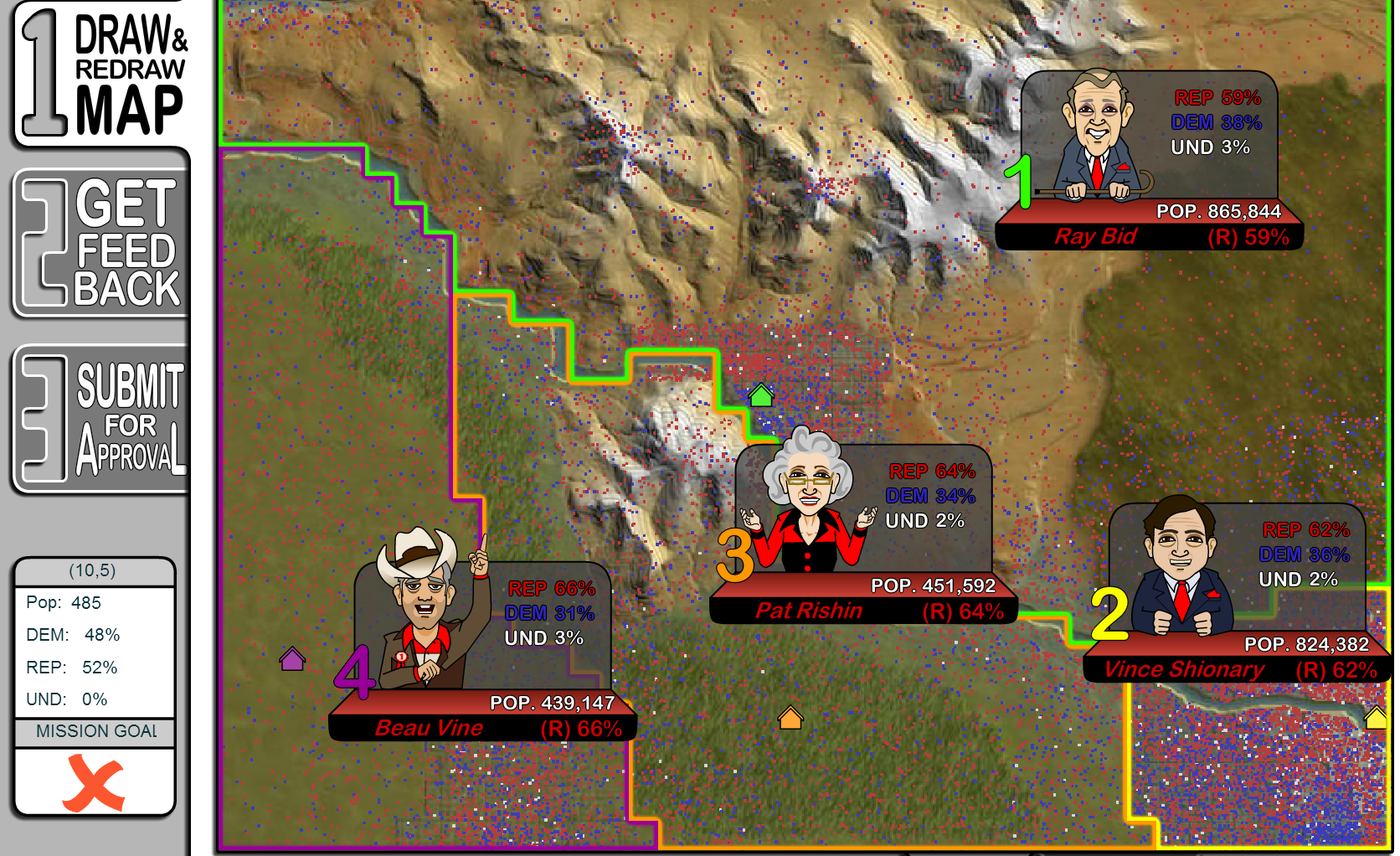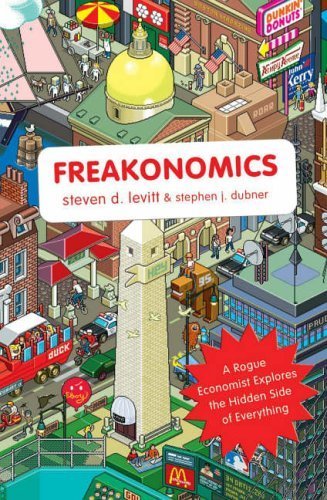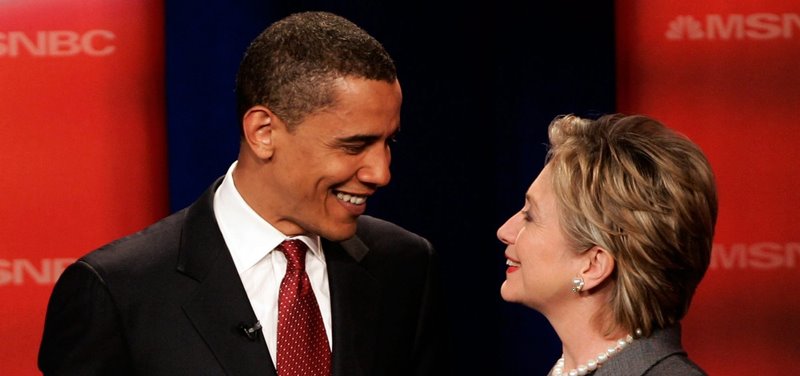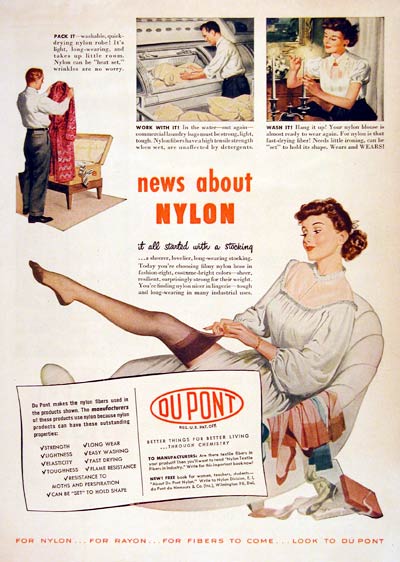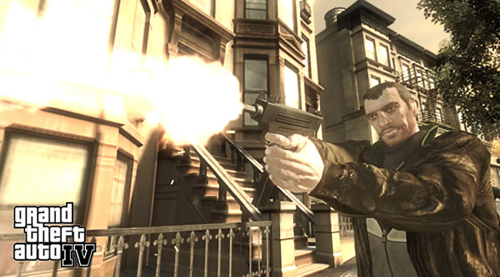The following is a précis of:
The ASSAULT ON REASON
AL GORE

Introduction
Al Gore’s introduction is designed to layout his central arguments and the ultimate solutions to an alarming crisis of reason that is emerging in the United States of America. Gore begins by noting that the representative democracy intended by the Founders is in a state of crisis where rational thought is being usurped by the way ideas are communicated. The media is obsessed with the triviality of Paris Hilton or O.J. Simpson motivated by sensationalism that leads to record profits for television conglomerates. Gore argues that cycle of image over substance began with the Simpson trial and has not been abated but rather has advanced – during the Bush administration – to new heights of mass manipulation. America rushed into the Iraq war because of the subservient willingness of media to co-modify ideas in an irrational and fear driven manner. Basically, substance is constantly being defeated by image in American political culture. Television is watched, on average, 4.5 hours per day by the American public. Reading is on a massive decline and political engagement occurs through visual representations in the television medium. Senator’s are too busy planning a 30 second campaign spot over actually discussing policy in a constructive forum…um…like the Senate. Meanwhile politicians are disproportionably from the most affluent class in America society leaving meritocracy in jeopardy against elite patronage. Gore turns to the emergence of the Age of Reason which begat the Founder’s intended democracy. Gutenberg’s 1450 invention of the printing press allowed a vast expansion in human knowledge. Literacy was once the foundation for democratic discourse in the marketplace of ideas. Today, Jurgen Habermas argues that the marketplace of ideas (public forum) is narrowing in scope; the electorate can no longer discern the difference between Democrat and Republican despite glaring ideological differences, according to Gore. The root of this emerging democratic crisis is, most centrally, the change in communication that has led to a feudalistic media sharing society. The media is sensationalist: “if it bleeds, it leads”. The line between entertainment and news is being skewed in American culture: citing Jon Stewart. Gore explains the philosophical underpinnings of his solution by explaining Marshall McLuhan’s thinking on media. McLuhan recognized that the medium is the message: the form of communication such as television/reading is more important than the content. McLuhan recognized that reading is an intensely cognitive process while television is counter-intellectual and stimulates the emotion centres of the brain excessively. Al Gore wants to return to a reasoned approach to democracy, which means that the citizens brain patterns themselves should to be reorganized in order for America to return to the democracy the Founders intended.
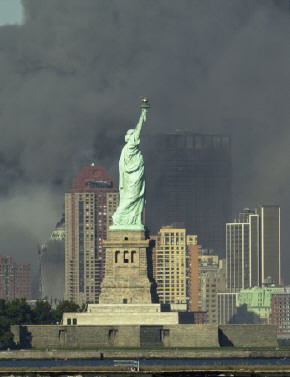
Chapter One: The Politics of Fear
The opening line of this chapter is also its central argument: fear is “the most powerful enemy of reason.” At equilibrium, fear and reason are both instrumental in survival. When fear dominates reason, however, irrational hatred and division lead to de-stabilization of the democratic institutions and there is a collapse of meaningful dialogue. The exploitation of fear is demagoguery while leadership harnesses some fear for constructive political change. Suppression and fear-mongering should be alien to the American way of life. He mentions that the assault through fear is destructive: McCathyism and the fact that the conflation of 9/11 and Hussein is still widely believed by over 50% of the American public. Bush’s yellow cake evidence has been revealed as forged. Clearly, when the ‘immune system’ of nation does not exploit these massive errors there is something deeply wrong. So what is happening to the human mind? Gore examines the human brain itself to suggest that emotional fear is processed in a unique manner that influences action. Post-Traumatic Stress Disorder (PTSD) is organized differently than other memories. PTSD memory is not organized in a time sequence but rather can emerge at any given moment to re-assert itself. The reasonable weighing of policy and action can be overwhelmed by these PTSD memories that are emotionally process in the amygdala. Even the historical memory of the Turkish invasion of Greece from 800 years ago still has staying power. Gore wonders how we reconcile these grievances in a democratic manner. Those who watched television on 9/11 were emotional scarred in the same level as someone who was in New York at the time. Television is able to invoke PTSD and orienting response . Television drives our brain receptors that are being excessively activated, thus triggering a susceptible to hypnotic fear. Professor Barry Glassner notices that fear-mongering requires repetition, irregularity and misdirecting. The horrifying picture of Abu Ghraib prisons, Vietnam and Iraq have fuelled the visual responses. 9/11 led the imagination to visualize other conceivably devastating events. Fear can be both legitimate or imagined fear but both are equally powerful forces. Invading Iraq was both tragic and absurd. Gore admits he trusted Bush like everyone else. Iraq was a new product for the 2002 midterms after Bin Laden was no longer a viable target. Curiously, DeLay abused the new Department of Homeland Security to track Democratic legislators and bring them to Congress for important votes . The politicization of the Iraq war, for partisan support, gives the Republican Party the national governing status that has marginalized Democrats. Bush and Nixon both disregarded their party policies to advance their re-election. Nixon explained that “people react to fear, not love. They don’t teach that in Sunday school, but it’s true.” A fearful society is what has emerged and it is jeopardizing America’s democratic foundation.

Chapter Three: The Politics of Wealth
Democracy and capitalism share an internal logic: they are part of a double helix that forms the structure of freedom, according Gore. Capitalism is however about competition while democracy is about equality. The Founders worried about the concentration of wealth as a threat to the harmony of these two principles. The forum of democracy is not open when the gatekeepers are affluent and dominate the marketplace of ideas. The meritocracy, where ideas can come from anywhere, is being blocked and the rule of reason is being manipulated. Gore sees the 30-second candidate commercial as the epitome of this manipulation. Votes are being purchased and the true interest of voters is being ignored or otherwise manufactured. Private foxes have been placed to guard the henhouses of American; that is – for example – the oil industry control climate change discussions. Corporations are outsourcing the truth. Corporate wealth has silenced the two-way conversation of democratic discourse. Halliburton undermined U.S. policy in Iraq, in fact, that policy prescription was in motion prior to 9/11. The Founders did not want this to happen; they even believed that those without property should not be allowed to vote because they would likely be influenced by the political leanings of rich property owners. Capitalism defended slavery, like it defended Bush’s Iraq policy. Lincoln feared capitalisms growing strength during the Civil war. Corporation have personal status as of Santa Clara County v. Southern Pacific Railroad 1886. Upton Sinclair and other ‘muckrakers’ were able to awaken the American consciousness when it was being threatened by vested interests. Radio was introduced in Nazi Germany and Fascist Italy as a propaganda tool before it become accountable. Bernays was a propaganda genius and the father of public relations who turned women on to cigarettes by dubbing the ‘torches of freedom’. Advertising manufactures consent as Lippman and Chomsky noted. Each new media technology (cable, satellite and internet) requires an awakening from the corporate deceit engrained in the capitalist section of the double helix called freedom, however, today the awakening seems an insurmountable tasks. Greed and wealth now allocate power in America at the expense of democracy.
Chapter Five: The Assault on the Individual
Gore argues that the information revolution has had vast political implications. The individual has the potential to leverage massive political power. Illiteracy has emerged because of the dominance of television over the printing press and the continued infancy of the Internet. Blogs are an emerging check on mass media. The assault on individuals however is manifested in policies where the president can seize and imprison any citizen and suspend habeas corpus by using the label ‘unlawful enemy combatant’. This is Kafka-esq. Bush has circumvented the Supreme Court on numerous occasions. The Patriot Act allows for a ‘sneak and peak’ approach where citizens’ privacy can be invaded at the whim of Washington without a warrant. Internet, emails, phone the Bush Administration is monitoring calls and this could be used to win re-election or blackmail Democrats but no one can stop them, it appears. The FBI attends church meetings, rallies, political meetings and looks at bank records, credit cards etc. This is an absurd contravene the American constitution. Al Gore claims that 9/11 could have been prevented if the Bush Administration had been smarter. Gore lists a series of warning signs that showed Bin Laden had nefarious intentions. Gore does not believe Bush intentionally ignored that data to heighten the chances of attack but Gore does fear a Big Brother-style America. He adds that the surveillance information they gather for all American citizens is mostly superfluous and most of it should be cut out . The technology of surveillance is tantamount to a police state while corporations could be sold this data and are engaged in enhancing sales themselves. Some people believe that the concentration of power in the executive was what the constitution calls for but this not true. Immediately after 9/11 Arab immigrants were rounded up and sent to Guantanamo, this is similar to Japanese internment in the 1940s. Like the innocent arrests on American soil, elite decision-makers who did not emphasize legal rights for detainees caused the Abu Ghraib debacle. They then downloaded responsibility to the ‘bad apples’ involved in the scandal. Abu Ghraib was a former torture prison under Hussein; the only difference is the torturers. McCain’s anti-torture amendment was passed but Bush stated the president is not bound by the legislation. Gonzales has publicly stated that Geneva is ‘too quaint’ while Ingraham has argued that Americans love the show 24 because of the tough tactics and therefore they approve of the Bush Administrations strategy in Iraq. Gore thinks the Neilsen ratings should not be used to interpret public opinion. The dehumanization of Iraqi civilians is the first step towards the destruction of the soul of American soldiers. Anyone who questions these policies is unpatriotic and the drive to consolidate power in the name of national security is an old story. Some one has to change last page.

Chapter Six: National Insecurity
This chapter is dedicated to an attack on the Bush Administration’s foreign policy. America should be respected in the world but Bush has served to make America a growing target of international disgust. Unilateralism results in the suffering of an entire country. Gore believes that we should cause the change we wish to see in the world: there are other threats beyond terrorism. These threats include global warming, the water crisis, defeating drugs, corruption and HIV/AIDS. AIDS may kill more people in sub-Saharan Africa in the first decade of the 21st century than the entire war related death of the 20th century . These problems can be overcome much like slavery during the Civil war, hopefully without the bloodshed. Why has America gone astray? In every policy area, Bush-Cheney has been trying to reduce constraints. The United States has traded in respect for fear during the Iraq war. The pre-emptive doctrine of military engaging sovereign states that were not an imminent threat has totally discredited America’s foreign policy and destroyed international laws conventions. Why has the Bush administration abandoned Afghanistan, Gore believes we should finish the job there. The Comprehensive Test Ban Treaty has also been ignored so that the military industrial complex can build smaller bunker busting nuclear weapons. Bush is only enhancing the likelihood that other nations will desire nuclear weapons. More states will join the nuclear club on account of Bush’s misstep on the CTBT. The weaponization of space is another debacle that rejects the Outer Space Treaty, which states that every nation deserves to travel in the Earth’s upper atmosphere. Bush rejects the International Criminal Court because Americans have violated the Geneva Convention. Bush has turned a $5 trillion dollar surplus into a projected cumulative deficit of $4 trillion. Guantanamo has also harmed our prestige abroad: how can we criticize China’s human rights records now? Bush deserves the benefit of the doubt on preventing 9/11 but the CIA briefings: “Bin Laden determined to strike in U.S.” showed that the alarms were ringing while no one cared. We should prevent catastrophe from other crises like climate change, in advance. Terrorism has been on the rise since 9/11. Bush’s failed policy in Afghanistan and Iraq has made the world a more dangerous place. Those who attacked these policies were sidelined or publicly humiliated. Gore believes that Bush senior should have deposed Hussein in 1991 but missed the chance. America had little foreign support and the UN was not supportive of the 2003 invasions, it discredited the entire international community. The enlightened vision of the UN, NATO as international organizations needs to be restored. America’s moral authority in the world needs to be resurrected or risk damage that is incalculable.

